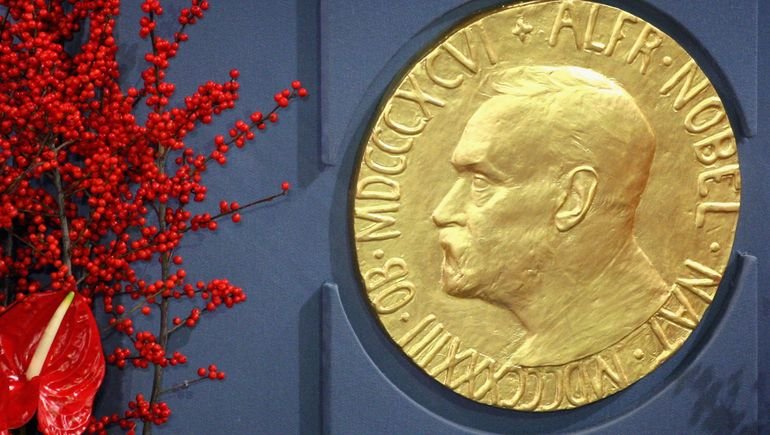A biopharma CEO’s quest for global health equity has put him in the running for a Nobel Prize

“Doing well by doing good” — this is how Tevogen Bio founder and CEO Dr. Ryan Saadi lives his life.

Dr. Ryan Saadi, CEO, founder, Tevogen
Permission granted by Ryan Saadi/Tevogen
In recognition of his efforts, Saadi and his company announced they were nominated for the 2023 Nobel Prize for their vision and unique business model designed to alleviate health inequality by Curtis Patton, a Tevogen board member and professor emeritus at the Yale School of Public Health. Saadi believes that sustainable business success cannot be achieved “unless the success contributes to societal prosperity — affordability and commercial success must coexist.”
Recognized in 2019 by PharmaVoice as a Red Jacket honoree for his willingness to challenge the status quo around equal access to healthcare, Saadi said at the time that his goal was “to support the development of strong public health systems globally, to create new incentives and encourage novel pathways to accelerate health innovation and access for the most underserved populations.”
Saadi, an infectious disease expert and public health advocate, has been on a career-long mission to create a future in which “all stakeholders work even closer to tackle global public health challenges and redesign healthcare institutions to truly promote health care rather than illness care.”
Saadi’s vision is to ensure Tevogen’s next-generation allogeneic precision T cell platform, which is focused on virology, oncology and neurology, overcomes cell therapies’ current barriers for patient populations around the world, particularity those associated with potency, purity and production scalability.
“I want to create a T cell-based therapy that can be given in any doctor’s office — that’s a pretty crazy idea.”

Dr. Ryan Saadi
CEO, founder, Tevogen Bio
Only about 2,000 cancer patients are being treated with T cell therapies in the U.S. today, and there are many reasons for that, Saadi said. First, he noted the cost — a single therapy could cost upward of hundreds of thousands just to manufacture, “and that particular product is just meant for one patient,” he said.
The second challenge is patient accessibility to treatments, Saadi said, pointing out that “out of the 6,000-plus hospitals, only 140 can handle T-cell therapies.” Unless a patient lives near an academic center in Boston or a niche hospital like Sloan Kettering in New York City, they have limited access because other care centers are not equipped or resourced to manage these types of breakthrough therapies.
“I want to create a T cell-based therapy that can be given in any doctor’s office — that’s a pretty crazy idea,” Saadi said. “I also want to bring the cost of manufacturing to the point that it is a fraction of the current cost, so even if my profit margin is significantly higher than the other pharmaceutical products, it is still affordable to everybody. So, you have cancer and you don’t have insurance — no problem. You can write a check. It will be that inexpensive.”
The allogeneic platform that Saadi developed can be used as a plug-and-play for multiple targets. In 2022, Tevogen announced proof of concept with its lead target TVGN-489 for high-risk ambulatory or elderly COVID-19 patients.
“We can change the target to an oncology target or an Epstein Barr virus target or a multiple sclerosis target — just name it,” he said. “And, that is actually the big thing.”
Saadi will need to wait until October to learn if he is among this year’s list of Nobel Peace Prize winners. And while there is no public list of the 212 individuals and 94 organizations that are nominated alongside Saadi, several notable names in the running for the prize have emerged, including Masih Alinejad, the Iranian freedom fighter; Vanessa Nakate and Greta Thunberg, climate change activists; and the Salvation Army for its impact on society and emergency aid efforts.
“It’s been a pleasure to observe Dr. Saadi over the years, and especially the realization of his vision for greater health equity. Furthermore, I am pleased that my nomination has garnered so much well-deserved media focus on health equity and sustainable business models for the medical innovation industry,” Patton said in a statement.
Know someone who is working on the next big thing or who is inspiring change in the industry? Nominate them for the 2023 PharmaVoice 100 before April 1!
Source link
#biopharma #CEOs #quest #global #health #equity #put #running #Nobel #Prize